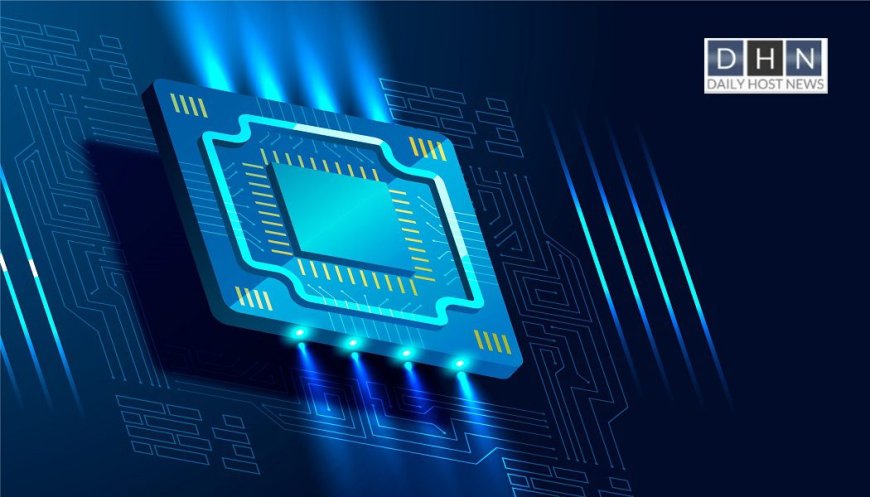Rambus Announces Enhanced RCD for High-Speed DDR5-7200 Server Modules
Rambus has recently unveiled its fourth-generation registering clock driver (RCD) chip, designed specifically for server-grade DDR5 memory modules. This new RCD chip is a significant step forward, supporting higher clock speeds and enabling DDR5 RDIMMs to reach speeds as fast as DDR5-7200, surpassing the previous third-generation/DDR5-6400 RCD.

The Role of RCD in Server-Grade Memory
An RCD serves as a critical buffer between the memory controller and DRAM chips in RDIMMs, redistributing command and address signals across the module. This function is what makes up the "Registered" in "Registered DIMM," enhancing signal integrity and allowing more memory devices to connect to a single DRAM channel. For optimal functionality, the RCD must support specific data transfer rates, and Rambus's new RCD buffer is set to enable the construction of server-grade DDR5-7200 modules.
Enhanced Features of the New Rambus RCD
Beyond performing the regular functions of an RCD, the new chip from Rambus includes additional features such as a serial presence detect (SPD) hub and temperature sensors. These features are particularly important for DDR5 memory sticks in general and DDR5 datacenter memory modules specifically. They not only enhance the performance and reliability of the memory modules but also somewhat reduce the costs of datacenter-grade DRAM sticks, although the overall cost is more dependent on the number of memory devices rather than tiny chips like SPDs and temperature sensors.
Also Check 52-Pi Ice-Tower Cooler for Raspberry Pi 5
The Importance of RCDs in Contemporary Server Memory
RCDs are indispensable for contemporary server-grade memory modules, as they are necessary for these devices to reach their full memory capacity through registered DIMMs. Rambus has taken the lead by being the first company to officially introduce DDR5 RCDs that support a 7200 MT/s data transfer rate. This advancement is anticipated to be highly beneficial for next-generation server platforms from major players like AMD and Intel, who are looking to significantly increase memory speeds in their upcoming products.
Market Availability and Future Adoption
Rambus has announced that their latest RCD chip is now shipping. However, due to the long lead times associated with servers and server parts, owing to stringent validation requirements, it might be some time before these enhanced RCDs begin appearing in commercial servers and DIMMs. Despite this, the introduction of these high-speed RCDs marks a significant milestone in the evolution of server-grade memory, promising improved performance and efficiency for future server platforms.
Conclusion: A Leap Forward for Server Memory Technology
The introduction of Rambus's fourth-generation RCD for DDR5-7200 modules represents a leap forward in server memory technology. With the ability to support higher clock speeds and additional features that enhance performance and reduce costs, this new RCD is set to revolutionize the capabilities of server-grade memory. As the industry awaits its integration into commercial servers, the anticipation builds for the next round of high-speed, efficient server platforms that will benefit from this advanced technology.


































